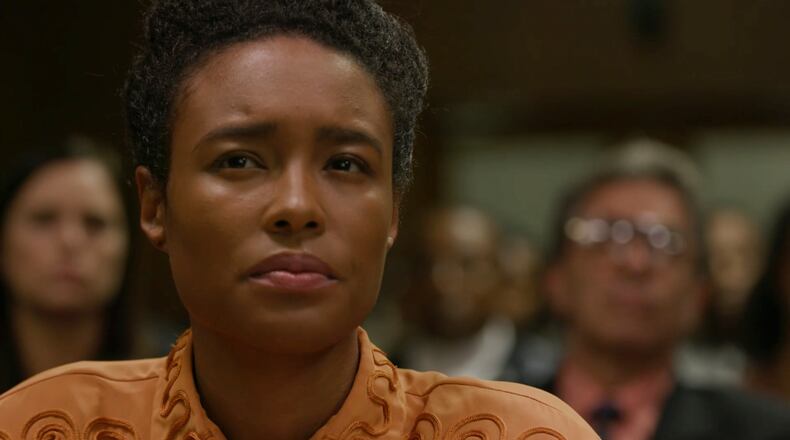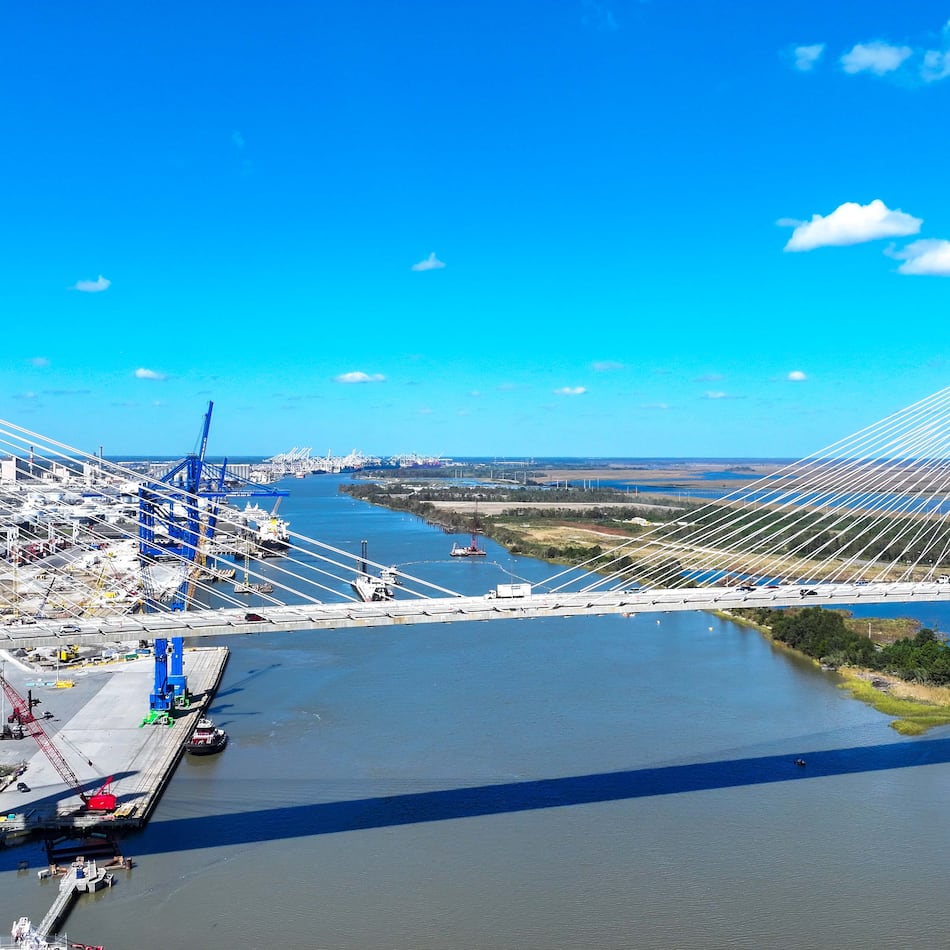Edgegayehu “Edge” Taye was working in an Atlanta hotel when she was stopped cold by the voice.
Shivers ran down her spine. She knew that voice. At one time, hearing it meant terror and pain.
The scars of that horror are etched on her back and seared in her memory.
The native of Ethiopia was chatting with other employees when she was introduced to Kelbessa Negewo.
He had fled Ethiopia in 1987 and come to the United States under a student visa .
Now here he was in Atlanta, close enough that she could touch him.
She reached out to two friends, Elizabeth Demissie and Hirut Abebe-Jiri, who were also victims of torture during Ethiopia’s violent “Red Terror,” and implored them to come see for themselves.
The Red Terror was a period of political violence in the late 1970s that saw tens of thousands of people killed and tortured. Some of the violence was carried out by the regime but also militias and armed citizens. Negewo was a government official during that time and oversaw and participated in many cases of torture.
Demissie and Abebe-Jiri came to Atlanta and confirmed her suspicions. Together, the women decided to seek justice.
Their journey is now the subject of the new documentary “A Fire Within,” which will be featured at the 45th annual Atlanta Film Festival. The documentary will be shown during a sold-out drive-in screening at 8:30 p.m. Friday at the Plaza Theatre, 1049 Ponce De Leon Ave. NE.
The film is directed by Los Angeles filmmaker Christopher Chambers.
In 2016, years later and hundreds of miles away, Chambers was on a flight returning to his Los Angeles home from promoting his latest project, “Aram, Aram.”
Thumbing through articles on his computer, he ran across a story about the human rights case involving Taye and two other women from Ethiopia who took on Negewo in an Atlanta court. They won, leading to his deportation to Ethiopia, where he was tried, convicted and jailed.
“My jaw just dropped,” said Chambers. “It was an extraordinary story and I could not believe that I had never heard of it.”
Chambers figured it would make a compelling documentary, but he didn’t know whether he was the one to make it.
“It was not related to my culture or my generation,” he said. “I didn’t know if it was my story to tell.”
He couldn’t shake it, though, and soon tried to contact the women.
He got nowhere.
“Imagine that a stranger calls you to talk about the most traumatic thing in your life.”
Eventually, he realized it might be easier to go through their lawyers.
He spoke with Atlanta lawyers Miles J. Alexander and Laurel Lucey, who insisted on talking face-to-face. Together they, along with attorney Michael Tyler and ACLU Director Paul Hoffman, took the women’s case against Negewo pro bono.
They were protective of the women.
“The emotions and the caring between the individuals involved in the case was really extraordinary,” said Chambers.
Alexander said the film “grippingly captured the essence of these three courageous young women with great sensitivity and respect. The story involves closure, to the extent that is possible, and accountability for cruelty and torture in a world In which accountability has too often been lacking in my nine decades on this earth. Man’s inhumanity to mankind cries out deterrence . . . and for women leaders.”
What followed were hours of phone and Skype calls with Taye, Demissie, and Abebe-Jiri.
They talked about U.S. politics. They talked about current events. It was a while before they talked about the documentary. He later realized they wanted to know about him and to find out what kind of person he was.
One of the first questions they asked Chambers was why was he interested and what would it change?
He thought of his nephews, who didn’t know the story. He thought of friends who thought the story was so wild that he was making it up. And he thought of other people who may have gone through similar trauma. Perhaps it would inspire them to seek justice and at least, maybe, heal.
“You have three women who came from a totally different country,” Chambers said. “They had no power. They didn’t know how they would fight for justice, but they had this determination.”
Today, the women are spread out — in Cincinnati, New York City and Ottawa, Canada.
The project took four years to make. Filming was done at the women’s homes in those cities. The film uses interviews, archival footage and narrative re-creations shot in several cities, including Atlanta and Addis Ababa (the capital of Ethiopia).
It was a long and transformative process for Chambers. In Addis Ababa, he worked with producer Ermias Woldeamlak. In the United States, he got help from Negest “Nikki” Legesse, founder of the Little Ethiopia Cultural Center, and casting director Elsa Ademe of the Habesha Film Association.
He made several unsuccessful attempts to interview Negewo, who is incarcerated at Kaliti Prison in Addis Ababa.
“I take what they experienced with great weight and, therefore, have the privilege of telling their story and bringing it to the screen,” Chambers said. “It’s a great honor but also a great responsibility.”
During the filming of the Atlanta trial re-creations, the filmmaker had a large group from the Ethiopian diaspora community acting as trial spectators.
“It was by far our biggest and most complicated day of production,” he said. “Midway through filming, I noticed that an older Ethiopian woman seemed to be crying. I thought maybe she was uncomfortable sitting for so long and wanted to leave.”
Was she all right?
She gripped his hand tightly.
“I was there, I am a witness,” she said shakily. “My eyes flooded with tears, I was just so caught off guard at the emotional intensity of her words. And now, you are telling my story too.”
About the Author
Keep Reading
The Latest
Featured



